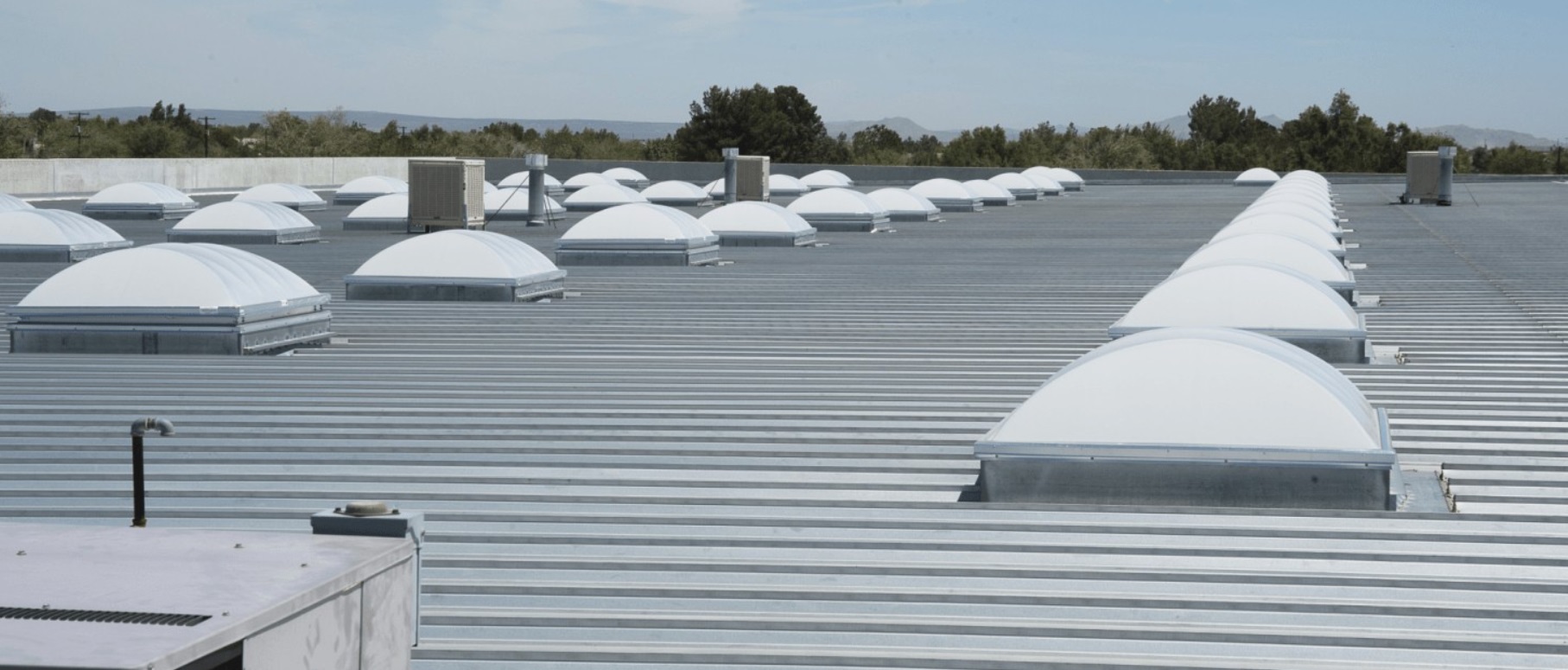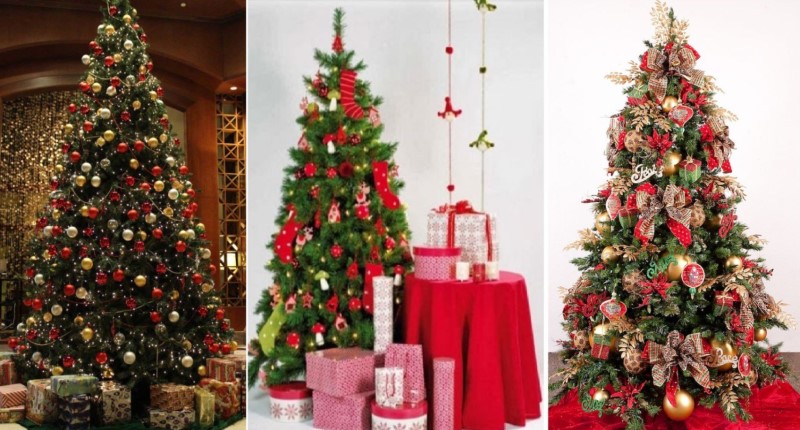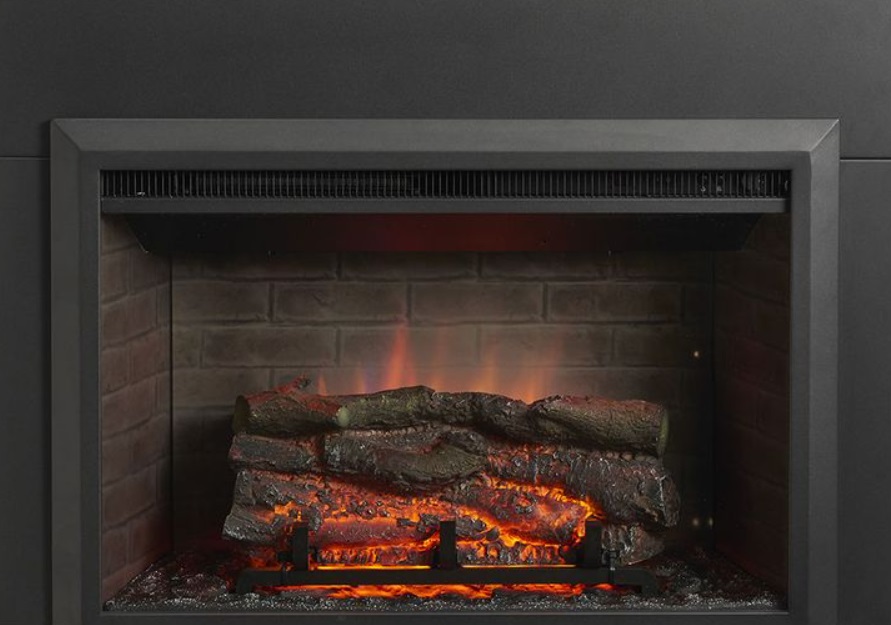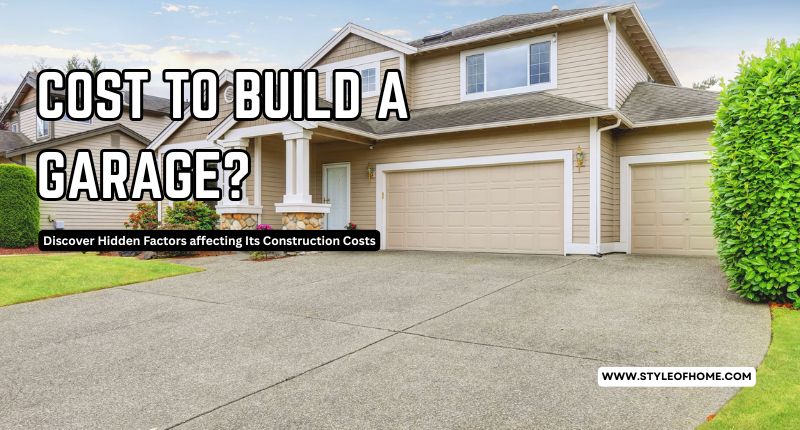Choosing the right commercial roofing system is essential for protecting your building and ensuring long-term efficiency. Learn about the various options and their unique benefits to find the best fit for your business.
Why Choosing the Right Roofing System Matters
Your commercial roof is a critical part of your building’s infrastructure. It shields your property from weather, enhances energy efficiency, and contributes to the overall structural integrity. The right roofing system can save you money in energy costs and repairs, while also providing lasting durability and aesthetic appeal.
Understanding the available options will help you make an informed decision that aligns with your budget, climate, and building requirements.
1. Built-Up Roofing (BUR)
Built-up roofing, also known as BUR, is a traditional roofing system made of multiple layers of tar and gravel. It’s one of the oldest commercial roofing options and is known for its durability and waterproofing properties. Key benefits include:
- Excellent protection against water and UV rays
- Long lifespan with proper maintenance
- Cost-effectiveness for large, flat roofs
BUR is ideal for businesses looking for a time-tested roofing solution that offers reliable performance.
2. Metal Roofing
Metal roofing systems are highly durable and versatile. They are available in various materials, including aluminum, steel, and copper, and can be customized to fit the aesthetic of your building. Benefits of metal roofing include:
- Longevity—often lasting 40+ years
- Resistance to extreme weather conditions
- Energy efficiency through reflective coatings
While metal roofing requires a higher upfront investment, its durability and low maintenance needs make it a cost-effective choice in the long run.
3. Thermoplastic Polyolefin (TPO) Roofing
TPO roofing is a single-ply membrane that’s popular for its energy-efficient properties and affordability. This roofing type is lightweight, flexible, and resistant to UV rays, chemicals, and punctures. Key features of TPO roofing include:
- High energy efficiency, reducing cooling costs
- Resistance to mold and dirt buildup
- Environmentally friendly and recyclable
TPO is an excellent option for businesses prioritizing energy savings and sustainability.
4. Ethylene Propylene Diene Monomer (EPDM) Roofing
EPDM roofing, commonly referred to as rubber roofing, is a durable and affordable option for flat and low-slope roofs. Benefits include:
- Exceptional weather resistance, including hail and UV rays
- Low maintenance requirements
- Cost-effectiveness for large-scale installations
EPDM is especially well-suited for climates with fluctuating temperatures, as it maintains flexibility in both hot and cold weather.
5. Modified Bitumen Roofing
Modified bitumen is a multi-layer roofing system that combines traditional BUR techniques with modern materials. This option is known for its strength and weatherproofing capabilities. Advantages include:
- Strong resistance to tears and impact
- Good insulation and energy efficiency
- Adaptability to various roof shapes
Modified bitumen is a practical solution for businesses seeking a balance between durability and affordability.
Factors to Consider When Choosing a Roofing System
Selecting the right commercial roofing system depends on several factors, including:
- Climate: Choose a roofing material that can withstand local weather conditions, such as heavy snow, rain, or high temperatures.
- Budget: Consider both initial costs and long-term maintenance expenses.
- Building Design: The slope and structure of your roof will influence which systems are most suitable.
- Energy Efficiency: Reflective and insulated materials can reduce energy costs over time.
Consulting with an experienced commercial roofing contractor can help you weigh these factors and select the best option for your business. Understanding the different types of commercial roofing systems is the first step to making an informed decision for your business. From durable metal roofing to energy-efficient TPO systems, each option offers unique benefits. Work with a trusted commercial roofing contractor to ensure proper installation and long-lasting performance. Protect your investment and enhance your building’s value with the right roofing system today.







